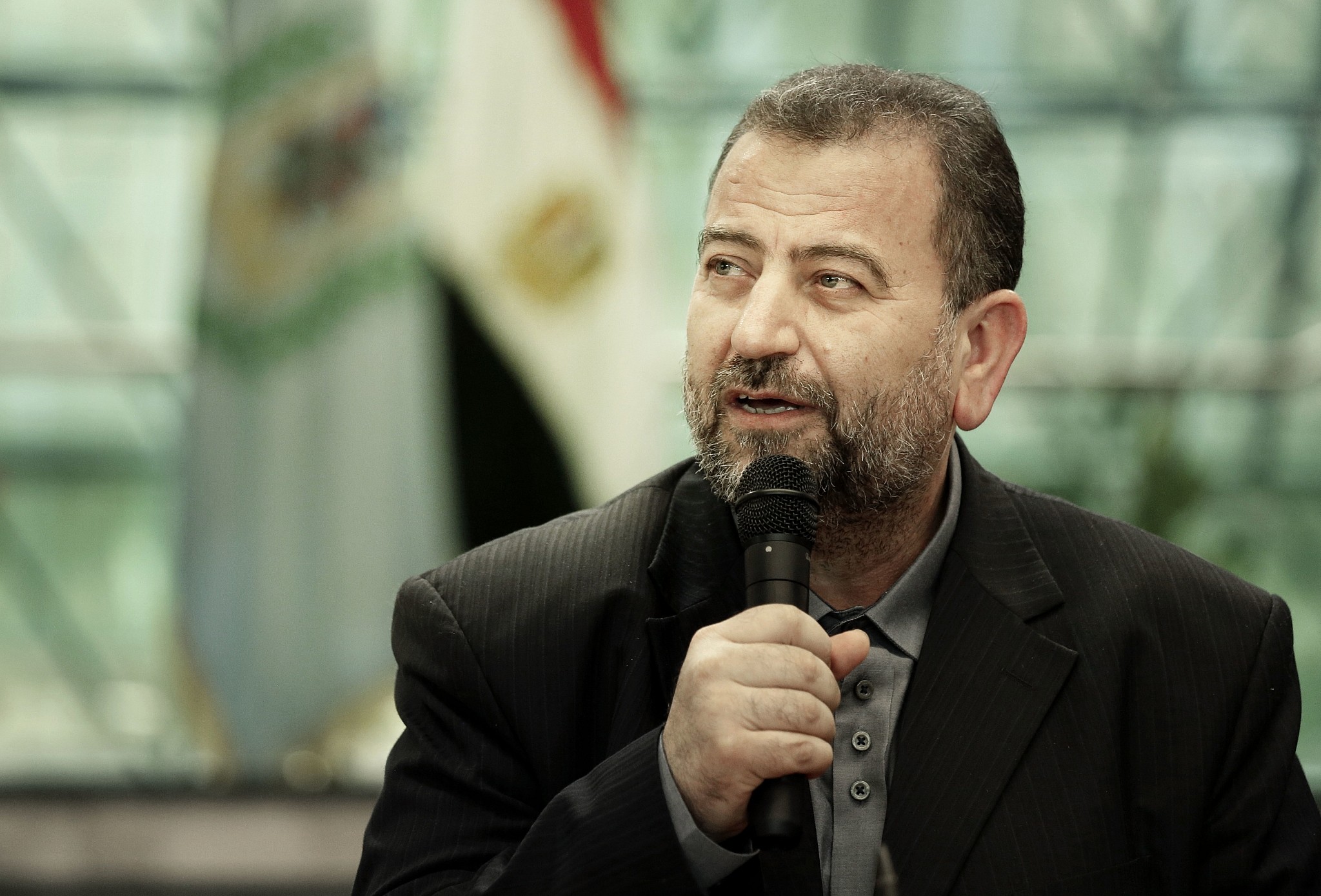On Tuesday evening, an Israeli drone strike assassinated Hamas’s deputy leader, Saleh al-Arouri, in the southern suburbs of Beirut. The strike also killed six others, namely Samir Fendi, Azzam al-Akraa, Ahmad Hammoud, Mahmoud Chahine, Mohammad al-Rayyis and Mohammad Bachacha.
Hamas confirmed the death of al-Arouri and labeled the strike a “cowardly assassination,” with funerals set to take place between today, Wednesday January 3 and tomorrow, Thursday January 4 respectively.
Notably, the strike is the first publicly known Israeli strike to target Beirut or its suburbs since the 2006 war. With Hezbollah Secretary General Hassan Nasrallah scheduled to speak this afternoon, many have considered the timing uncoincidental and concerns of a regional escalation were notably expressed across social media platforms.
Al-Arouri was the deputy chief of Hamas’s political bureau and one of the founders of the group’s armed wing, the Izz El-Din al-Qassam Brigades.
He is considered to be the mastermind behind many of the Qassam Brigades’ operations, allegedly including the al-Aqsa Flood operation on the 7th of October. He was also considered one of the main negotiators for the hostage release in November.
Al-Arouri was born in 1966 in the city of Ramallah in the West Bank. In 1985, he enrolled to study Islamic Studies at Hebron University where the US government accused him of being a Hamas student cell leader in the early 1990s.
Followed for a long time by both Israel and United States governments and forces, al-Arouri was arrested by Israeli authorities on two occasions. After his release in 2010 – having spent a total of fifteen years in Israeli jails – al-Arouri was expelled from Gaza as Israeli authorities considered his presence to be threatening.
He subsequently moved to Damascus, Syria, only to move shortly afterwards to Istanbul, Turkey after the start of the Syrian civil war and the relocation of Khaled Meshaal, Hamas political bureau head, to the Turkish capital.
Al-Arouri then relocated and lived for a short period of time in Qatar, after which he subsequently settled in Lebanon and was one of Hezbollah Secretary General Hassan Nasrallah’s privileged interlocutors.
During the conflict escalations in October, the Israeli army blew up his house in the village of Aroura, near Ramallah, on October 31.
Throughout his career, al-Arouri was a leading advocate for reconciliation between different Palestinian factions, especially Hamas and Fatah.
A History of Assassinations
A week ago, on December 25, an Israeli strike killed the senior adviser in Iran’s Revolutionary Guard Corps (IRGC), Sayyed Razi Mousavi, outside the Syrian capital of Damascus.
Previously, in 2020, the United States military assassinated the previous commander of the Quds Forces in the IRGC, Qassem Soleimani, in a targeted drone strike in the capital of Iraq, Baghdad.
While Iran and its allies in the region have repeatedly claimed that these events will not go unpunished, the current conflict has already taken regional dimensions with the involvement of the Yemeni-based Houthis, Iraqi militias, American and European forces and Lebanese factions, mainly Hezbollah.
Concerns of an all-out “regional war” that have steadily increased since October have now reached a new stage and point to grim outcomes – especially given the lack of punishment of Israeli violations and the ongoing genocidal campaign.


